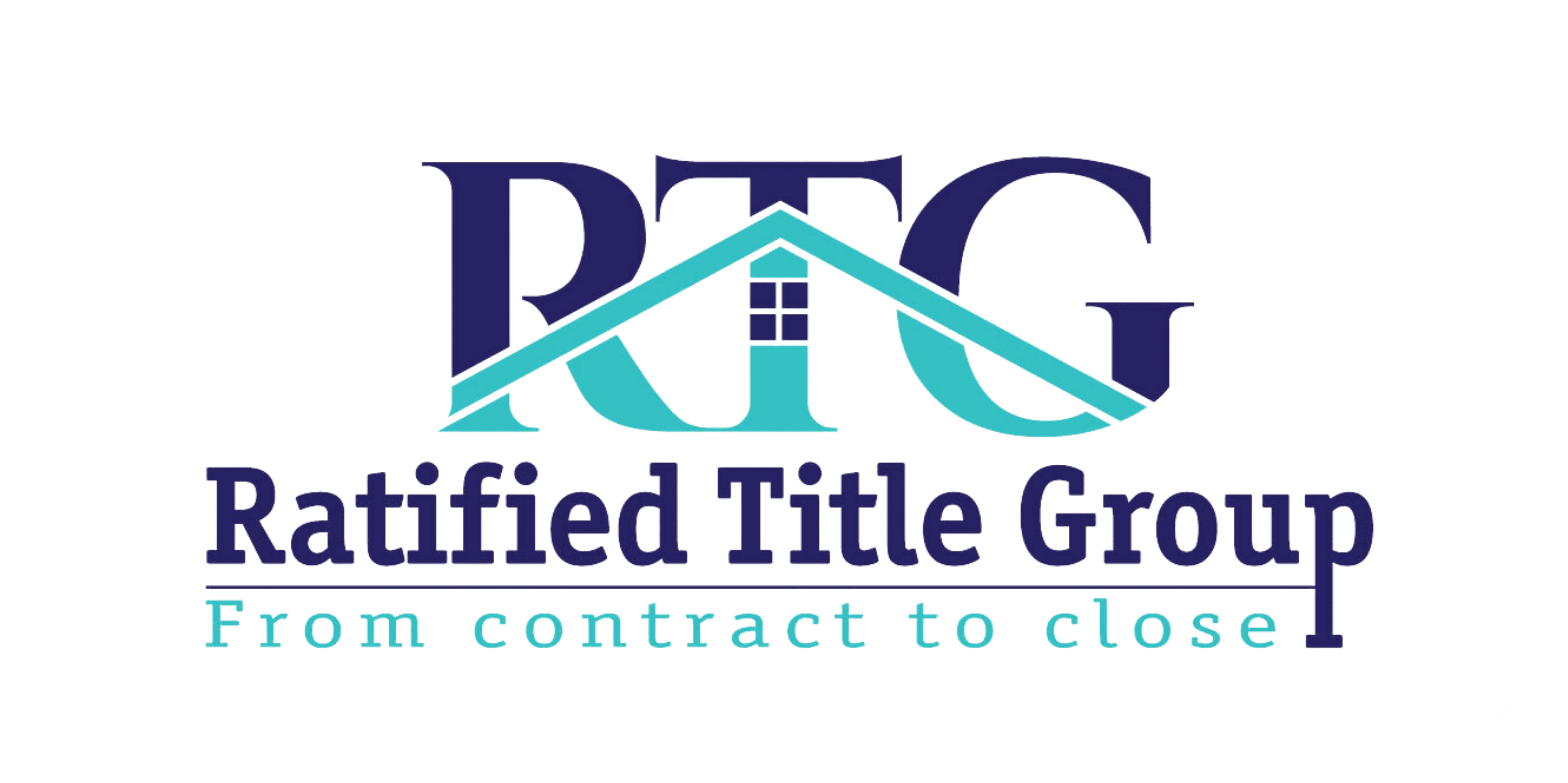When navigating the complexities of real estate transactions, one important player is the title settlement company. But what exactly do they do? In this FAQ, we’ll break down the essential roles and responsibilities of these companies, ensuring you understand their importance in the home buying or selling process.
Step 1: Understanding Title Insurance
Title settlement companies provide title insurance, which protects buyers and lenders from potential disputes over property ownership.
This insurance acts as a safeguard against unforeseen issues that may surface after the purchase, such as claims from previous owners or undisclosed liens. By obtaining title insurance, both buyers and lenders can have peace of mind knowing they are legally protected.
The role of title insurance is often underestimated, yet it is crucial for protecting home investments. It not only serves as a safety net but also assures that the property can be freely sold in the future, further enhancing its overall value.
Step 2: Conducting Title Searches
They perform thorough title searches to identify any liens or claims against the property, ensuring a clear title.
Conducting a title search is a foundational step in the settlement process. This task involves investigating public records to confirm that the property’s title is legitimate, paving the way for a smooth transaction.
Without a detailed title search, buyers risk inheriting disputes or claims from previous owners. Title settlement companies meticulously check these records to ensure that any existing issues are resolved before the transfer of ownership occurs.
Step 3: Coordinating the Closing Process
Title settlement companies coordinate the closing process, bringing all parties together to finalize the sale.
This involves scheduling meetings, ensuring all necessary documents are prepared, and that everyone involved understands their roles. Effective coordination is what makes a closing successful, and it directly impacts the ease of the transaction.
During closing, the title settlement company manages the administrative burdens that can overwhelm buyers and sellers. They handle document transfers and ensure everyone signs the required paperwork accurately, alleviating stress for all involved parties.
Step 4: Managing Funds and Documents
They manage and disburse the funds involved in the transaction, ensuring that everything is handled accurately and securely.
This includes collecting down payments, closing costs, and any other associated fees. A title settlement company ensures all financial aspects of the transaction are completed with the utmost integrity, protecting the interests of both buyers and sellers.
Moreover, the company holds the funds in a trust account until all conditions are met, which adds another layer of security to the transaction. This practice builds trust and confidence among parties involved in the closing.
Step 5: Providing Expert Guidance
Title settlement companies offer expert guidance throughout the process, answering questions and resolving any issues that arise.
Buying or selling a property can be daunting, and having a knowledgeable team on your side makes all the difference. These experts can clarify complex terms and help navigate legal nuances, turning a potentially overwhelming process into a manageable experience.
Whether it’s explaining the implications of the title report or guiding you through the closing documents, their insights can be invaluable. This support is essential in building confidence in buyers and sellers alike, ensuring that they feel secure in their decisions.
Key Takeaways on Title Settlement Companies
Understanding the role of a title settlement company can help you navigate real estate transactions more confidently. By ensuring clear ownership and facilitating smooth closings, they play a vital role in protecting all parties involved.



